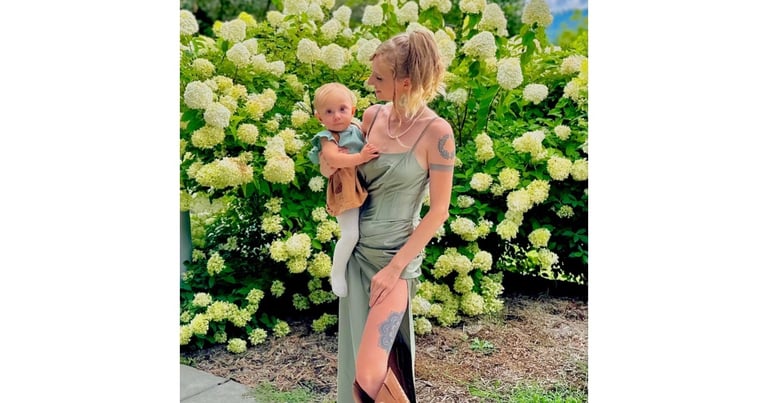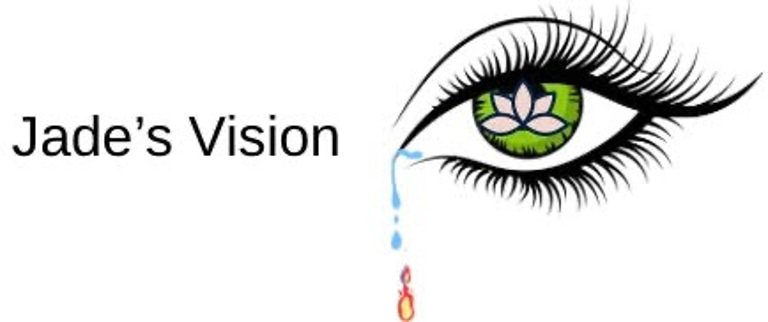When Caregiving Gets Misnamed: Codependency and Maternal Instinct
What if "Codependency" isn't a flaw, but a distorted expression of maternal instinct in a culture that devalues caregiving?
8/22/20251 min read


Codependency is maternal instinct in disguise.
What we often pathologize as “codependency” might actually be the natural drive to bond, nurture, and stay closely connected — which is maternal instinct at its core.
Maternal instinct is about deep attunement: noticing subtle shifts in someone you love, wanting to protect them, and meeting their needs. Psychology frames “codependency” in the opposite light — as unhealthy over-involvement, self-sacrifice, or basing your worth on another person.
But both grow from the same root: a powerful biological and emotional orientation toward caregiving and connection. In a society that doesn’t support mothers, that instinct gets misapplied in adult relationships. The natural channel for it — safe, supported caregiving — is missing or devalued.
So maybe codependency isn’t a flaw. Maybe it’s maternal instinct, distorted by a culture that has forgotten how to honor it.
